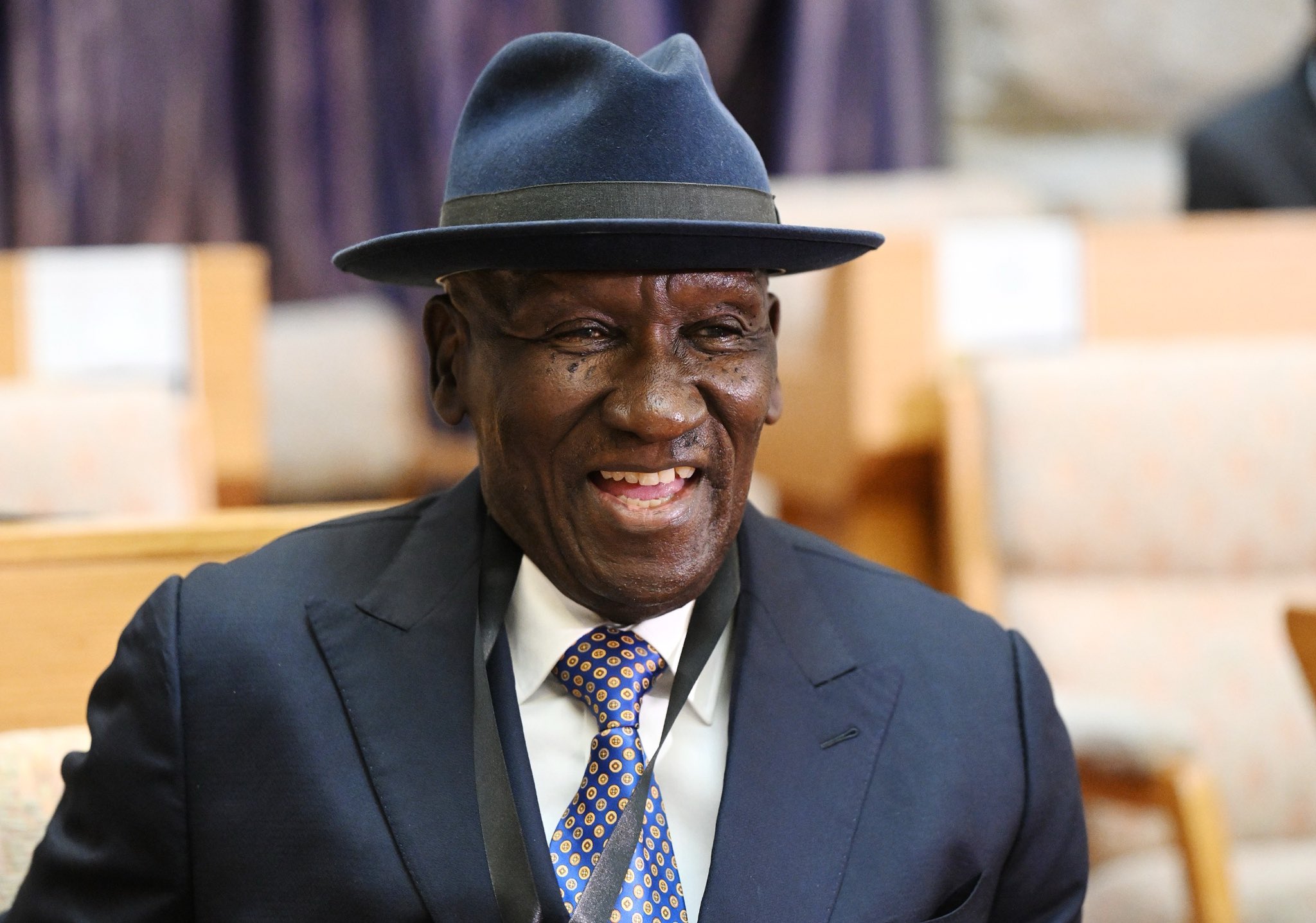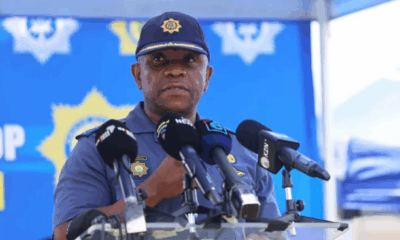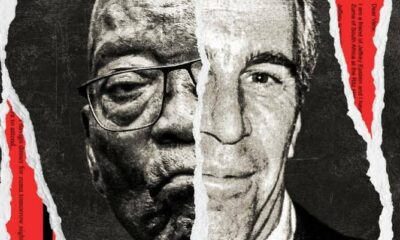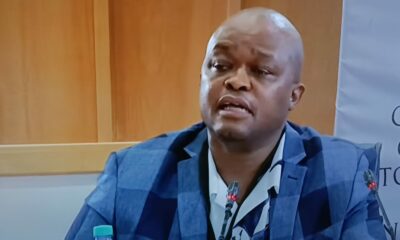News
“Too Soft on Power”: Bheki Cele Criticises Masemola Over Disbandment of Political Killings Task Team

Bheki Cele Takes Aim at Masemola’s “Soft” Leadership Over Task Team Disbandment
Former Police Minister Bheki Cele did not hold back this week as he took the stand before Parliament’s Ad Hoc Committee probing political interference in the police. In a candid exchange, Cele accused National Police Commissioner Fannie Masemola of being “too soft” in his handling of the Political Killings Task Team (PKTT) a specialised unit that once tackled politically motivated murders, especially in KwaZulu-Natal.
According to Cele, Masemola failed to push back when former Minister Senzo Mchunu, who was suspended at the time, ordered the task team’s disbandment. “No, it can’t happen, Masemola became soft,” Cele said, describing what he saw as a missed opportunity for the commissioner to defend the task team’s mandate.
“He’s a good man, very respectful,” Cele added, half-jokingly. “I once said he’d make a great beer shop owner, he looks after his lions well. But sometimes, he doesn’t push back enough when it matters.”
The Task Team That Fought Political Violence
The Political Killings Task Team was originally established to investigate the surge in politically motivated assassinations particularly in KwaZulu-Natal, where local power struggles have often turned deadly. Its disbandment sparked outrage among civil society and opposition parties, who accused the state of undermining accountability in one of South Africa’s most volatile political provinces.
While Mchunu cited a 2019 work-study report to justify shutting it down, Cele told Parliament that Mchunu later claimed ignorance of that very report, raising questions about the transparency of the process.
Cele hinted that President Cyril Ramaphosa’s office was not properly consulted before the disbandment, suggesting that “the door was shut” before Masemola or others could intervene.
Politics, Power, and Policing
EFF MP Leigh-Ann Mathys pressed Cele on whether the system allows for truly independent police leadership. Cele’s response was blunt: the Constitution and Cabinet processes inherently make the appointment of a police commissioner political.
“You start from there,” he said. “The panel and Cabinet approval mean it always follows a political pathway. That’s how Masemola was appointed.”
Cele also elaborated on how the Interministerial Committee (IMC) overseeing police operations worked under his tenure, saying that while the IMC reported to the President, discussions were also tabled in Cabinet. “Minutes exist reflecting those discussions,” he said, though he admitted there were no formal terms of reference, only operational instructions for hotspots like KZN.
Crime, Drugs, and a Warning from Scotland
Moving beyond the politics, Cele painted a grim picture of South Africa’s crime landscape, especially drug trafficking. Drawing from a lesson he learned during police training in Scotland in 1994, he explained why South Africa has become a magnet for drug syndicates.
“Three reasons,” Cele said. “We have a strong aviation system, a powerful financial network that makes it easy to move money, and, tragically, our poor communities have become easy targets especially children.”
He called for a united societal effort against drug abuse and trafficking, referencing a 2022 integrated crime and violence prevention strategy approved by Cabinet. But Cele was candid about one major obstacle: money.
“Our criminal syndicates are better funded than the police,” he said, adding that lenient court sentences and Treasury’s tight budgets make meaningful change nearly impossible.
Parliament’s Frustrations and Questions Still Unanswered
PA MP Ashley Sauls urged the committee to thoroughly investigate allegations of police infiltration mentioned by Lt. Gen. Nhlanhla Mkhwanazi, while ANC MP Khusela Diko asked Cele about his relationship with both Mkhwanazi and Masemola. Cele responded that, despite disagreements, they had worked well together.
Social media reaction to the hearing has been mixed. Some users praised Cele’s candour and wit, while others criticised him for deflecting blame after years in office. On X (formerly Twitter), one user wrote, “Cele finally says what we all knew, the rot isn’t just political, it’s institutional.”
A Familiar South African Story
Cele’s testimony reads like a microcosm of South Africa’s broader policing crisis, where politics, power, and performance often collide. The disbandment of a task team meant to curb political killings now stands as a symbol of deeper institutional fragility.
As Parliament continues its probe, the lingering question remains: if those tasked with defending the law can’t stand up to political pressure, who will?
{Source: IOL}
Follow Joburg ETC on Facebook, Twitter , TikTok and Instagram
For more News in Johannesburg, visit joburgetc.com



























